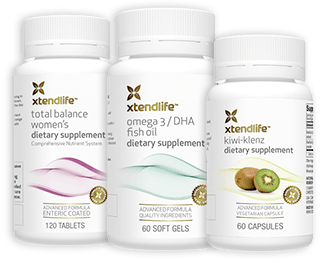What's the best way to treat diabetes safely and naturally?
For the millions of people suffering from diabetes, fortunately there are ways to keep the condition under control. Lifestyle changes, proper diet, regular exercise and supplementation can all make a significant difference.
What is diabetes and why do people get it?
It is a disease caused by the body not being able to control the amount of sugar, or glucose, in the blood. This blood sugar gives you energy, and it’s produced by the liver from the food you eat.
Healthy people don’t have an issue with regulating their glucose levels, as certain hormones take care of this process, namely insulin. The pancreas produces this essential hormone and it helps glucose move from the bloodstream to the liver, muscle, tissues and adipose (fat) cells.
If you have diabetes your body either has a problem producing enough insulin (type 1 diabetes) or cannot use insulin effectively (type 2 diabetes) or both. In most cases, roughly 95%, obesity and lack of exercise are the causes of diabetes.
So what are the treatment options?
Being overweight with diabetes is a serious issue and if you can’t shed the extra pounds on your own you should seek advice from your doctor. As a part of your treatment he or she may recommend you to a dietitian, who will analyze what you are now eating and provide you with a new diet to follow. That diet, a major component of your diabetes care, will be well-balanced, high in fiber and low in saturated fats and concentrated sweet foods.
Incorporating regular exercise is another staple of an effective program. Of course the more exercise you do, the better, but even walking 20 minutes a day only three times a week has been shown to make a significant difference.
Alcohol intake should be lowered to no more than one or two drinks per day, at most. If you smoke and have diabetes you are increasing the risk for just about every complication related to the disease, so try to quit as soon as possible, regardless of the severity of your condition.
You can monitor your blood glucose levels yourself and record them in a log, which forms another component of your treatment program. Your log should include the time at which you took insulin, what you ate and when, how long you exercised and when. Medicare now pays for diabetic testing supplies so there is no reason not to self-monitor.
Some common medications are sulfonylureas, which stimulate the pancreas to make more insulin; biguanides, which decrease the amount of glucose produced by the liver, and a range of other drugs designed for specific interventions, including insulin.
You can benefit tremendously from incorporating antioxidants into your diet. Studies have shown that many diabetics have low levels of antioxidants in their bodies, which is a precursor to a whole host of health problems. You can learn a little more about this topic here.
Along the same lines there are specific supplements such as chromium, magnesium, vitamin E and biotin that can be helpful for diabetes management. There is more information about supplementation on this page.
If you want to learn about specific herbs that can be effective such as bitter melon, carob and green tea you can check out our herbs for diabetes page.
Resources...
Search our site...
PREMIUM SUPPLEMENTS
The most advanced herbal supplements on the market
BULK HERBS AND TEAS
Need bulk herbs, teas, supplements and capsules?

